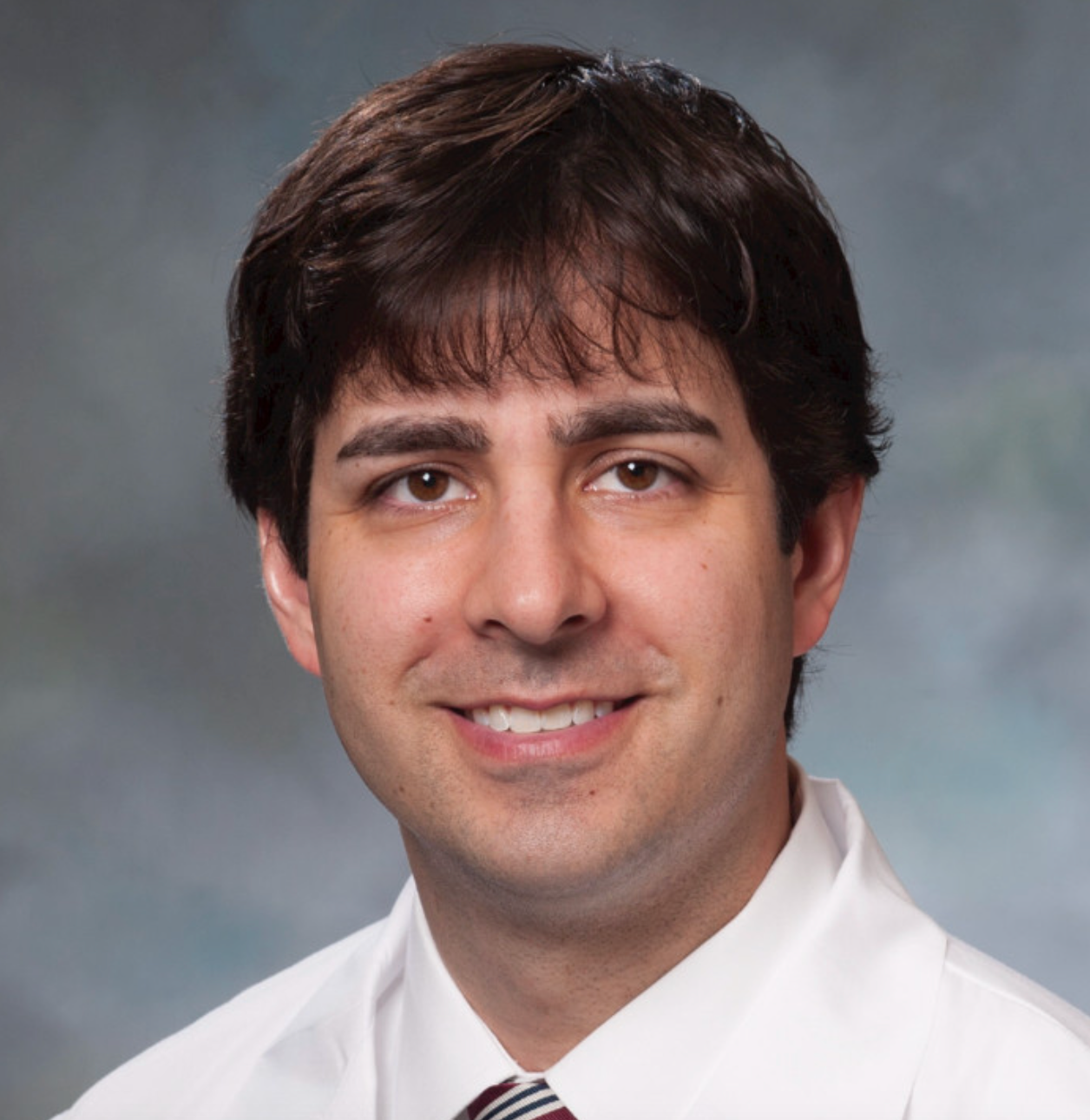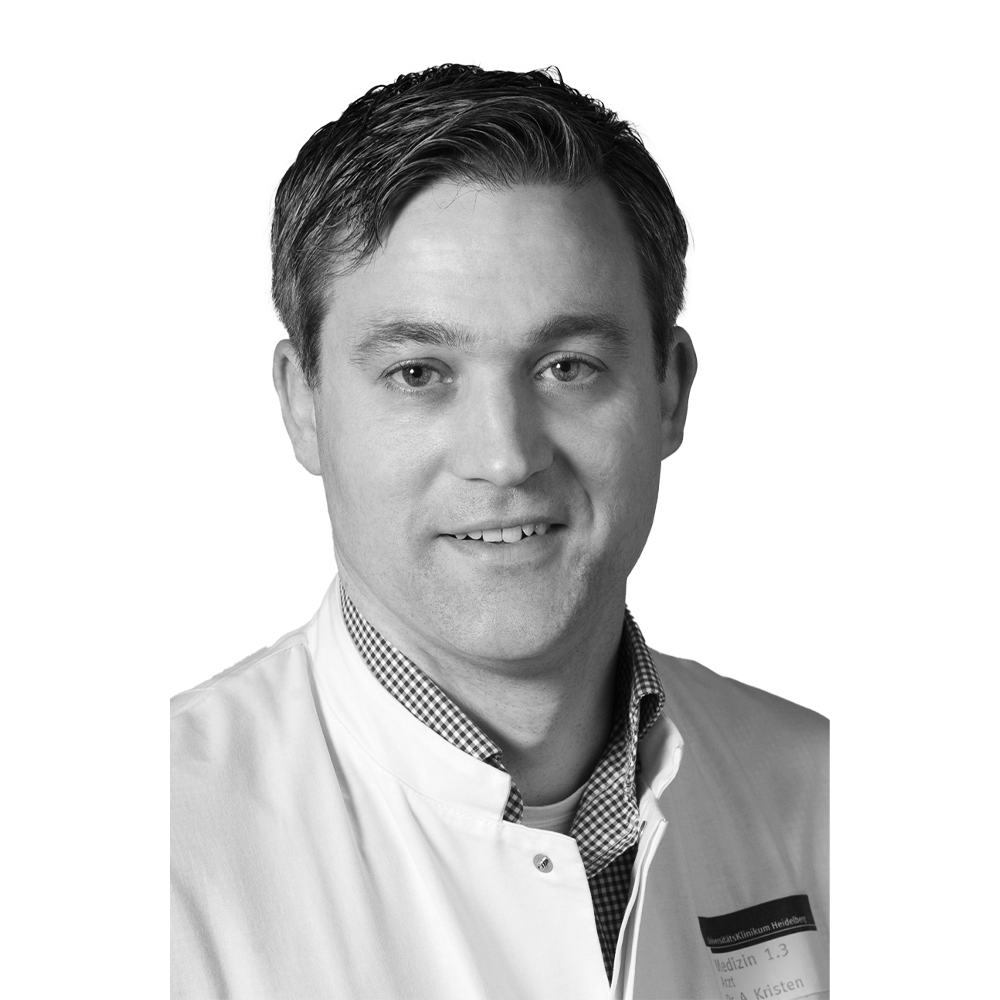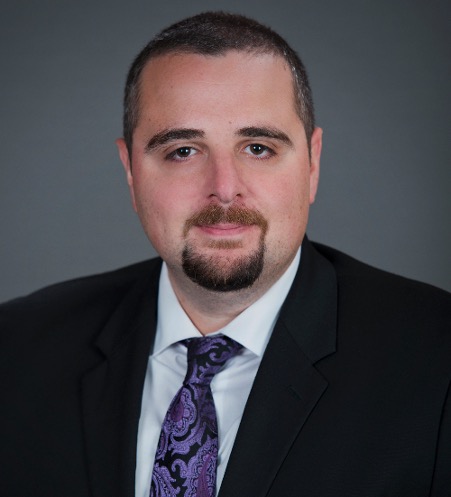e-SPACE Heart Failure 2023
Published: 25 October 2023
-
Views:
 3135
3135
-
Likes:
 7
7
-
Views:
 3135
3135
-
Likes:
 7
7
-
 Up Next
Up Next -
 44m 4s
44m 4s -
 57m 43sPart 1 | Session 6 Plenary session 3 – SGLT2i in clinical practice
57m 43sPart 1 | Session 6 Plenary session 3 – SGLT2i in clinical practice -
 40m 4s
40m 4s -
 1h 1m 49sPart 1 | Session 8 Plenary session 4 – Obesity and weight management in HF
1h 1m 49sPart 1 | Session 8 Plenary session 4 – Obesity and weight management in HF -
 50m 39s
50m 39s -
 56m 50sPart 1 | Session 10 Plenary session 5 – Worsening and acute heart failure
56m 50sPart 1 | Session 10 Plenary session 5 – Worsening and acute heart failure
-
 36m 3s
36m 3s -
 1h 1m 56sPart 2 | Session 2 Plenary session 6 – Iron deficiency: the totality of evidence
1h 1m 56sPart 2 | Session 2 Plenary session 6 – Iron deficiency: the totality of evidence -
 25m 15s
25m 15s -
 59m 4sPart 2 | Session 4 Plenary session 7 – Managing comorbidities in HF
59m 4sPart 2 | Session 4 Plenary session 7 – Managing comorbidities in HF -
 1h 46sPart 2 | Session 5 Plenary session 8 – Devices in HF: time to reassess their place?
1h 46sPart 2 | Session 5 Plenary session 8 – Devices in HF: time to reassess their place? -
 44m 24s
44m 24s -
 1h 1m 52sPart 2 | Session 7 Plenary session 9 – New technologies for HF management
1h 1m 52sPart 2 | Session 7 Plenary session 9 – New technologies for HF management -
 1h 2m 8sPart 2 | Session 8 Plenary session 10 – Special Populations
1h 2m 8sPart 2 | Session 8 Plenary session 10 – Special Populations
-
 1h 54sPart 1 | Session 1 Plenary session 1 – Recent guideline updates in HF Ahmed Bennis, Frieder Braunschweig, Marco Metra, Alicia Chan, Ovidiu Chioncel, Stefan Anker
1h 54sPart 1 | Session 1 Plenary session 1 – Recent guideline updates in HF Ahmed Bennis, Frieder Braunschweig, Marco Metra, Alicia Chan, Ovidiu Chioncel, Stefan Anker
-
 41m 37sPart 1 | Session 2 Meet the expert – Iron Deficiency & IV Iron – The 2023 ESC HF Guidelines and Recent Trial Results: Interpretation & Implementation (Supported by an unrestricted educational grant from Pharmacosmos) Patricia Campbell, Paul Kalra, Robert Mentz
41m 37sPart 1 | Session 2 Meet the expert – Iron Deficiency & IV Iron – The 2023 ESC HF Guidelines and Recent Trial Results: Interpretation & Implementation (Supported by an unrestricted educational grant from Pharmacosmos) Patricia Campbell, Paul Kalra, Robert Mentz
-
 1h 8m 32sPart 1 | Session 3 Plenary session 2 – GDMT in the clinical setting Michael Böhm, Frieder Braunschweig, John JV McMurray, Gianluigi Savarese, Marianna Adamo
1h 8m 32sPart 1 | Session 3 Plenary session 2 – GDMT in the clinical setting Michael Böhm, Frieder Braunschweig, John JV McMurray, Gianluigi Savarese, Marianna Adamo
Overview
Translational Medicine Academy (TMA) in partnership with Radcliffe Cardiology were delighted to announce the return of e-SPACE Heart Failure 2023.
A thoughtfully curated programme supported the exploration of how leading experts are implementing the new heart failure guidelines into clinical practice and showed the latest information on patient profiling in heart failure for tailoring medical therapy.
This event once again brought together TMA’s mandate for the delivery of continuing professional development to healthcare professionals to achieve concordance with appropriate treatment plans, with Radcliffe Cardiology’s goal to deliver cardiovascular knowledge to best support cardiovascular communities transform theory into practice.

Learning Objectives
- Review the burden of heart failure with reduced ejection fraction (HFrEF) and heart failure with preserved ejection fraction (HFpEF) as one of the leading causes of disability and mortality worldwide
- Understand the latest guideline recommendations and discuss their applicability according to patients phenotypes
- Discuss the implementation in clinical practice of the four foundational therapies and additional drugs and devices to improve patient outcomes
- Develop a comprehensive understanding of best practices for the screening, diagnosis and management of the patient with heart failure and comorbidities
- Translate the findings of recent studies and guidelines into optimal patient management
Target Audience
- Heart Failure Specialists
- General Cardiologists
- General Practitioners (GPs)
- Nurses, Pharmacists, and other Allied Healthcare Professionals
More from this programme
Part 1
Day One
Part 2
Day Two
Faculty Biographies

Brett Sperry
Cardiologist
Dr Brett Sperry is an Advanced Heart Failure and Transplant Cardiologist at Saint Luke's Mid America Heart Institute, Kansas City, US.
He is also an Associate Professor of Medicine at the University of Missouri-Kansas City.

Arnt Kristen
Arnt Kristen practices in Heidelberg, Germany. His top areas of expertise are Primary Amyloidosis, Transthyretin Amyloidosis, Cardiac Amyloidosis, Heart Transplant, and Tissue Biopsy.

Fabian Knebel
Cardiologist
Prof Fabian Knebel is a cardiologist at Sana Klinikum Berlin Lichtenberg, Berlin, DE.
He is Head of the Department for Internal Medicine II with a focus on cardiology and dedicated to the diagnosis and treatment of cardiovascular diseases.

Ahmad Masri
Dr Ahmad Masri M.D., M.S. trained in Internal Medicine at the Cleveland Clinic.
He specialises in caring for patients with conditions that result in abnormally thickened hearts, such as hypertrophic cardiomyopathy, amyloidosis and Fabry’s disease.






Comments